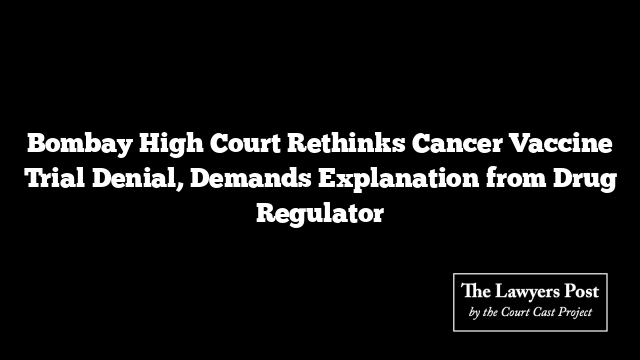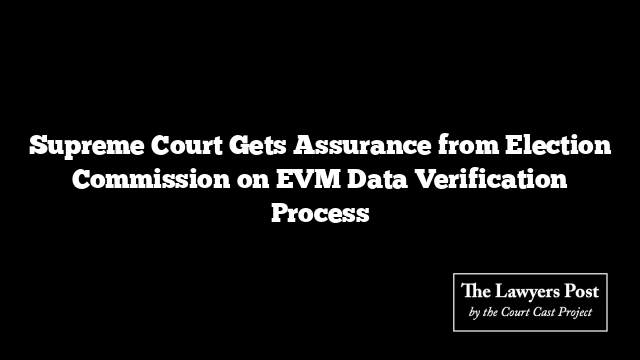In a landmark move, the Bombay High Court has directed India’s top drug regulator, the CDSCO, to respond to a plea from a Nashik-based cancer research firm, Datar Cancer Genetics, challenging the denial of permission to initiate Phase I human trials for its novel cancer vaccine, Per-C-Vax.
The company’s petition comes in the wake of an April 22 decision by the Central Drugs Standard Control Organisation (CDSCO) to reject its application, which Datar Genetics claims is based on “arbitrary” grounds. The company argues that the denial is not only “unscientific” but also constitutes a legal misstep.
At the heart of the dispute is Datar Genetics’ assertion that the demand for pre-clinical animal testing is scientifically unfeasible for Per-C-Vax, as the vaccine is designed using patient-derived tumor cells. The company insists that animal trials are ineffective for this type of therapy, making such testing both impractical and unnecessary.
The battle began when Datar Genetics first filed for trial approval on August 2, 2023, under the New Drugs and Clinical Trials (NDCT) Rules, 2019. The rules stipulate that the CDSCO should respond within 30 working days, but by September 15, 2023, the company had heard nothing. It wasn’t until September 21 that the CDSCO raised further queries, to which Datar Genetics responded in detail by November 28. Yet, it wasn’t until April 22, 2025, that the regulator issued a rejection, citing the application as “incomplete” and invalidating the company’s claim of deemed approval.
In defense of its position, Datar Genetics points to international precedents, such as a 2011 US FDA guideline which exempts certain cancer vaccines from pre-clinical animal testing if they fall within a recognized class. The company’s vaccine, they argue, fits this description, and they have submitted in vitro data as well as references to similar therapies tested on humans in the past.
Furthermore, Datar Genetics conducted an ad-hoc toxicity study at IISER Pune to ensure the vaccine’s safety. However, the CDSCO dismissed the findings, citing the lab’s lack of Good Laboratory Practice (GLP) accreditation as grounds for rejection.
The company’s legal challenge seeks to overturn the CDSCO’s decision, calling it a “fraud on the statute” and accusing the drug regulator of acting with “mala fide” intentions. The court’s decision to issue a notice to the CDSCO marks the beginning of a critical legal battle that could reshape the future of cancer vaccine research in India.





